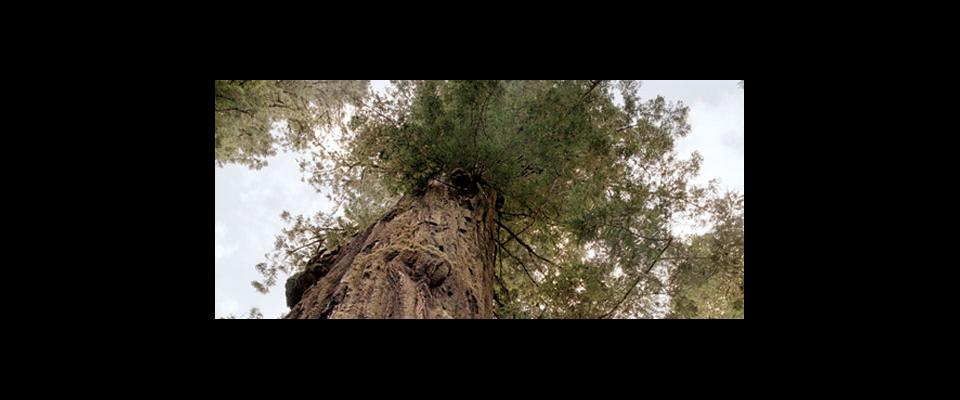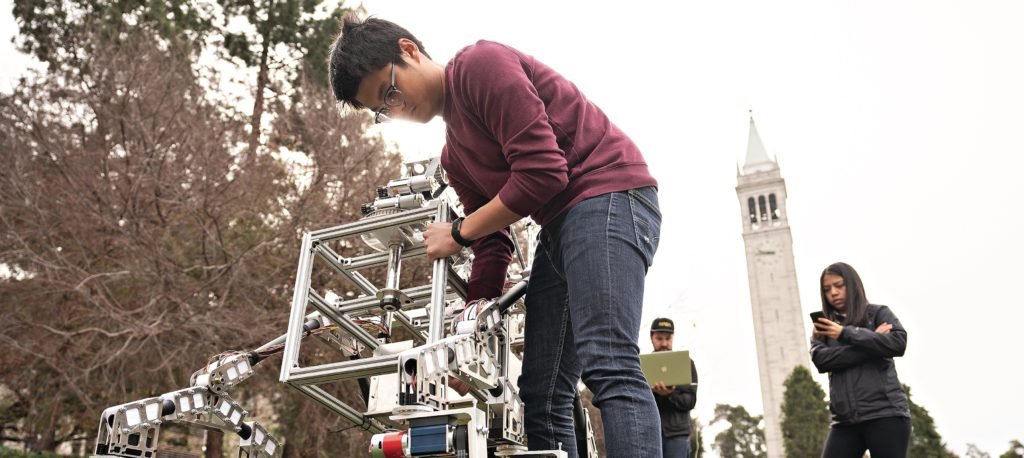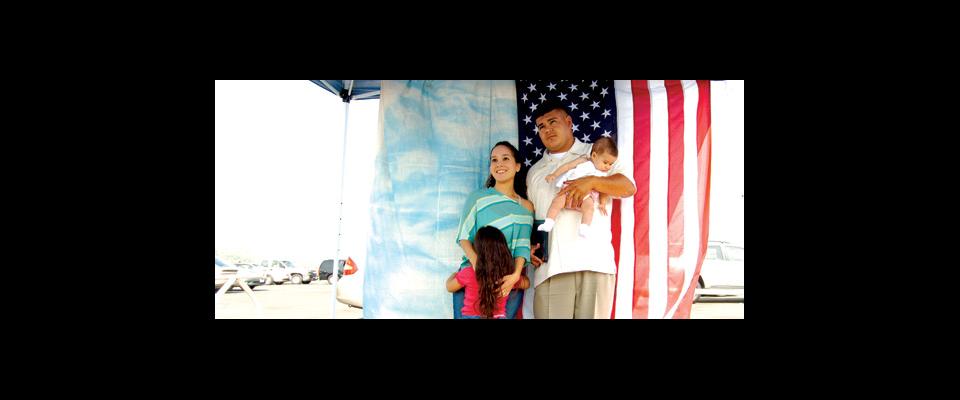“Create your own future,” cried the new age tapes I chanced upon in a California bookstore a few years ago. Not far away, at the Crystal Cathedral in Orange County, the Reverend Robert H. Schuller was singing his own gospel of “Possibility Thinking” with the help of books called Your Future Is Your Friend and Success Is Never Ending, Failure Is Never Final. Around him, the latest immigrants, from Vietnam, Mexico, Taiwan, were acting with their feet on those very notions. And at about the same time, a book arrived on my doorstep—Spring Street Summer, by the thoughtful British writer Christopher Hudson—that took the measure of Aquinas and Augustine and their readings of paradise by enrolling in what Hudson called “The University of Arcadia” (what we know as the University of California, Santa Cruz).
If the notion of human potential didn’t exist, I thought, California would surely have invented it. In practice, the New World history of the idea probably dates back at least as far as Emerson and his forebears, and its global pedigree goes back to Plato and the Buddha, if not before, and their rigorous dialectical explorations of how man can be something more than he knows. Yet it took California to take the very thought of human potential and create institutions around it, disciplines consecrated to its exploration, and to all but make a state religion of it. The state of California— to the hopeful foreigner at least—might be called the state of possibility.
When I was studying at Oxford 30 years ago, my friends and I devoted ourselves mostly to studying long horizons. And that meant California. We looked to Berkeley as the home of revolution— and the very idea that youth could try to remake the world on its own terms. We steeped ourselves in Henry Miller, Richard Brautigan, Hunter S. Thompson, and other acolytes of the Big Sur coastline for their reminders, however unshaven, that we have more inside us than we’ve tapped. And in our vacations we traveled all the way to the Esalen Institute, center of the “human “potential movement,” to see where Abraham Maslow’s idea of “peak experiences” and Carl Rogers’ ideas of “human becoming” had a home. The names of the courses in the catalogue (often from the Old World) confused us, and we knew that the magical baths there drew their waters from ancient ground sacred to the Esselen Indians, but as we looked across the long green lawn, itself overlooking the great open spaces of the Pacific, the place seemed to speak for the future tense.
It was no surprise, then, when we found that one writer after another from cloisters such as ours—Christopher Isherwood, Aldous Huxley, W. Somerset Maugham—had decamped to California to observe at least (and usually to participate in) the beginnings of that hopefully christened movement. Some of them would be detained by the different forms of imaginings nurtured in Hollywood; their successors (from Korea, India, Taiwan) would travel to the vicinity of San Jose and pay homage to the notion of infinite space by creating a new home for it (called cyberspace). But in every case what they really seemed to be doing in the Western Garden was biting into an apple from the Tree of Forbidden Knowledge and realizing that their possibilities were inexhaustible.
At Oxford, in grad school in Cambridge, Massachusetts, in the Japan where I now live and write this, I was intensively schooled in the real, but what California gave me, and so many millions of others throughout history, was the time and space to step out of history (even out of real life, for a moment), to see that we could stretch and stretch our arms, our gaze—even our very spirits—and never reach an end.





















